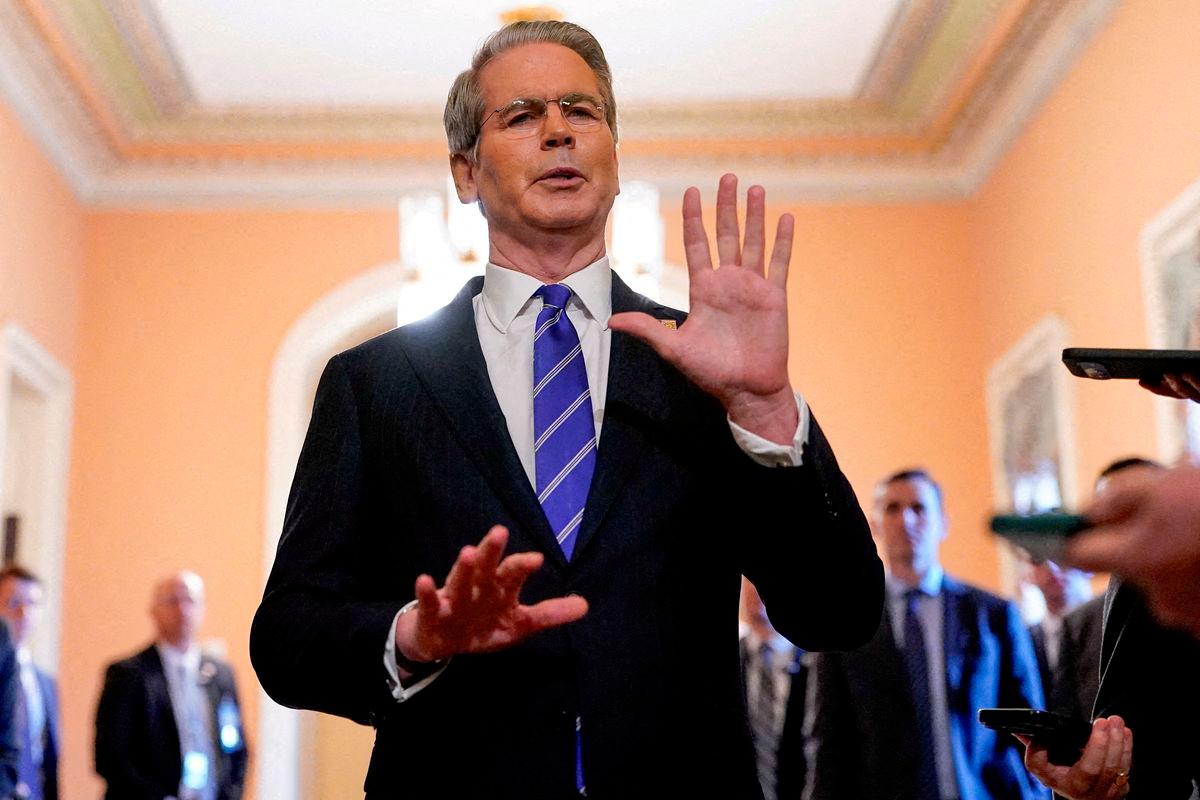WASHINGTON: US Treasury Secretary Scott Bessent announced that the country has collected approximately $100 billion in tariff revenue so far this year, with projections suggesting this could surge to $300 billion by the end of 2025. The increase is attributed to President Donald Trump’s aggressive trade policies, including new import duties implemented in the second quarter.
Speaking at a White House cabinet meeting, Bessent noted that the bulk of tariff collections began after the introduction of a near-universal 10% duty on US imports, alongside higher levies on steel, aluminum, and automobiles. “We could expect that to be well over $300 billion by the end of the year,“ he said.
A Treasury spokesperson clarified that the $300 billion target refers to the calendar year ending December 31, 2025, rather than the fiscal year ending September 30. Achieving this figure would require a sharp rise in tariff collections in the coming months, alongside broader increases in duty rates.
Bessent also indicated that Congressional Budget Office estimates of $2.8 trillion in tariff revenue over a decade may be too conservative. The Treasury reported a record $22.8 billion in gross customs duties for May alone, nearly four times the $6.2 billion collected in the same month last year.
For the first eight months of fiscal 2025, customs duties totaled $86.1 billion, while the first five months of the calendar year saw $63.4 billion collected. The Treasury is set to release June budget results on Friday, with expectations of another significant rise in tariff income.
President Trump has set an August 1 deadline for higher “reciprocal” tariff rates to take effect on nearly all trading partners, though negotiations with some countries could lead to lower rates. “The big money will start coming in on August 1,“ Trump said during the cabinet meeting.
Additionally, Trump announced a new 50% tariff on copper imports, a critical material used in construction, electronics, and military equipment. Further tariffs on semiconductors and pharmaceuticals are also expected. REUTERS









